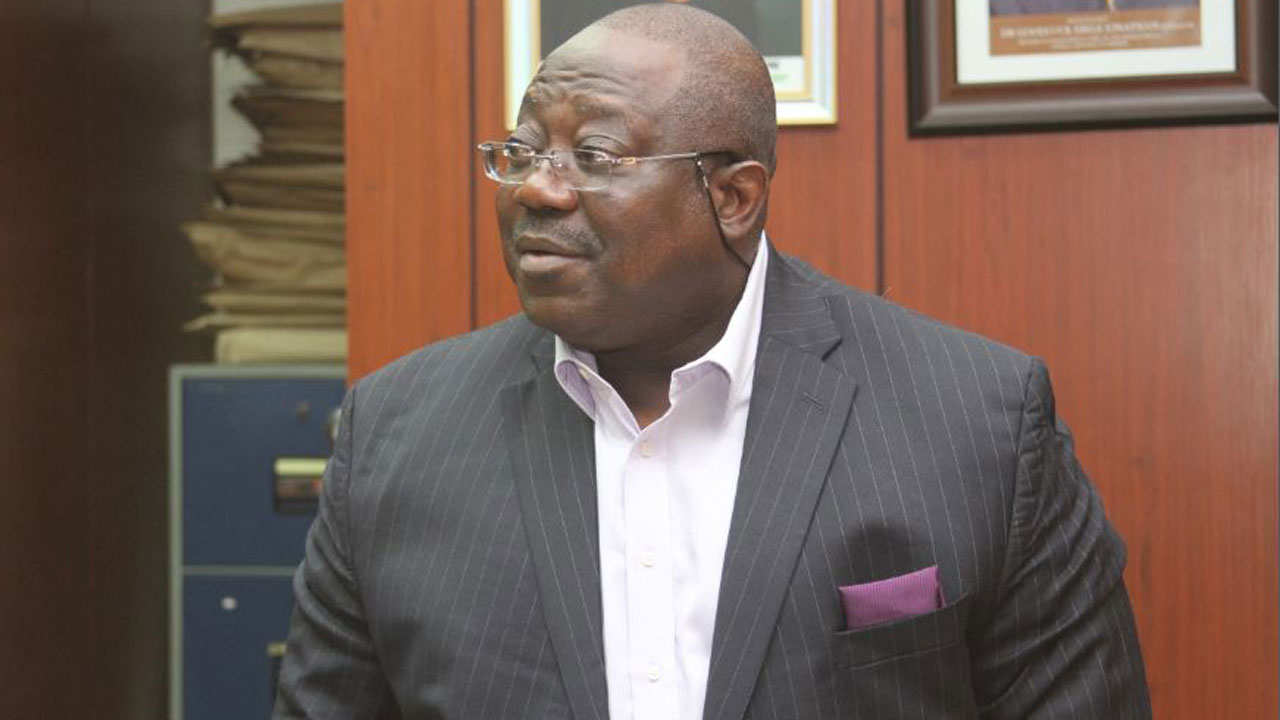
Chairman of the Federal Civil Service Commission, Prof. Tunji Olaopa, is seeking the collaboration of the Chartered Institute of Personnel Management of Nigeria (CIPM) in the transformation efforts of Nigeria’s civil service.
He said the institute’s impact was needed to keep afloat the process of reforming the public service system.
Olaopa, a retired permanent secretary, said transforming the public service requires paying attention to workplace dynamics that have been subjected to myriads of changes, especially those that relate to the nature and frameworks of work itself.
Olaopa tasked the institute during his address as chairman of the investiture of the new CIPM President, Ahmed Gobir, where he presented a paper on ‘CIPM and the Unfinished Business of Reform in the Public Service’.
He said that given the changing demographics of employees and workers, the workplace now demands new orientations and innovation — like flexible working — that take into consideration the new normal after the COVID-19 pandemic and the emergence of the Gen Z demographic.
According to him, such orientations demand the urgency of rethinking Human Resource (HR) functions from multiple perspectives.
He said this is even made more cogent by the fact that the government has gradually ceased to be the employer of choice for most people, given its lack of incentivisation for working in the public service.
To change the condition, and key into the unfinished business of reforming the public service, he stressed that several issues such as the professionalisation of the HR functions as fundamental to transforming the workplace, transforming the public service through the public-private partnership (PPP) framework and facilitating the establishment of a new HR model that would harness the performance and productive capacities of the workforce come to the fore.
According to him, these are essentially required to deepen the skills and competencies of risk management in ways that instigate action research as a component of management cum operation research and organization development (OD) in the MDAs.
He maintained that this would also enable HR to institute a learning culture that challenges the bureaucratic status quo and helps it champion specific cultural transformations directed at translating desirable culture and public service values into public managers’ behaviour.
Olaopa, who is also a Professor of Public Administration, cited an administrative axiom that if public administration fails in Nigeria, he said that means that building strong administrative and bureaucratic institutions that would carry the burden of good governance has also failed.
He submitted that given the challenged state of the performance and productivity capacity of the public service, there is an unfinished business of institutional reform in the public service system to which all hands, including CIPMs, must be on deck.
In linking President Bola Tinubu’s Renewed Hope Agenda to the urgency of public service institutional renewal and reform, Olaopa said it becomes fundamental to conclude that the quality of democratic governance could only be directly proportional to the degree to which policy and managerial intelligence could be matched by dogged political will to commit to a radical transformation of the political service system through a rehabilitation of HR functions and processes in the workplace of Ministries, Departments and Agencies (MDAs).
However, beyond this, he said there is the need for the articulation of critical variables — public administration expertise, leadership sophistication, competent change management strategies, and a reprofiled national value system — that would serve as the success factors for undermining the structural constraints that have hindered past and present reform efforts.






